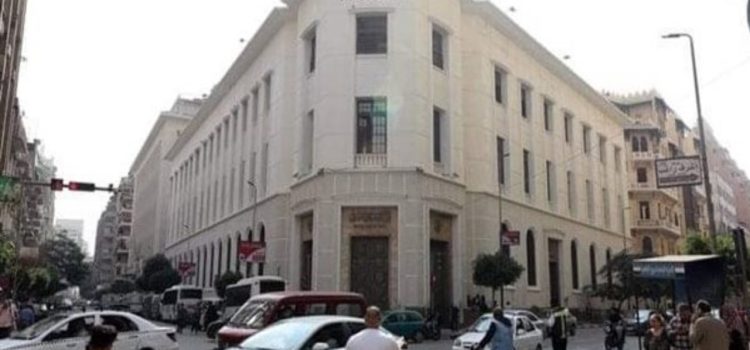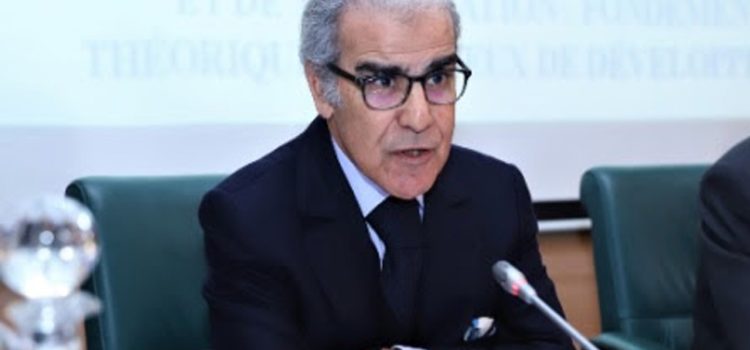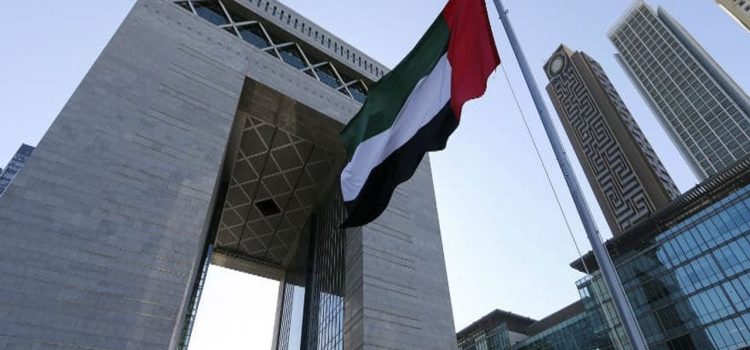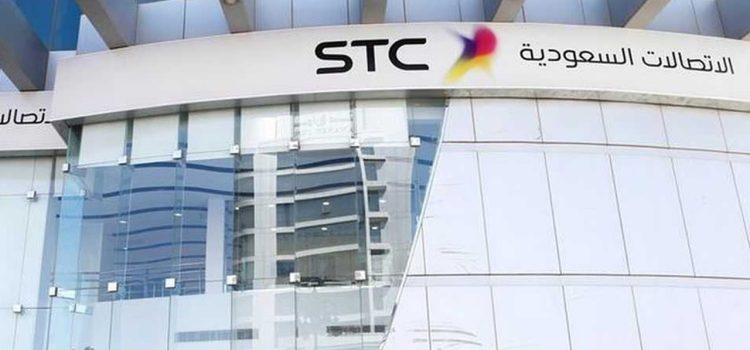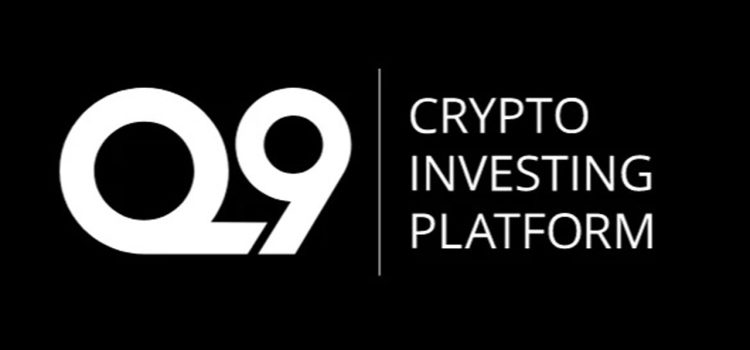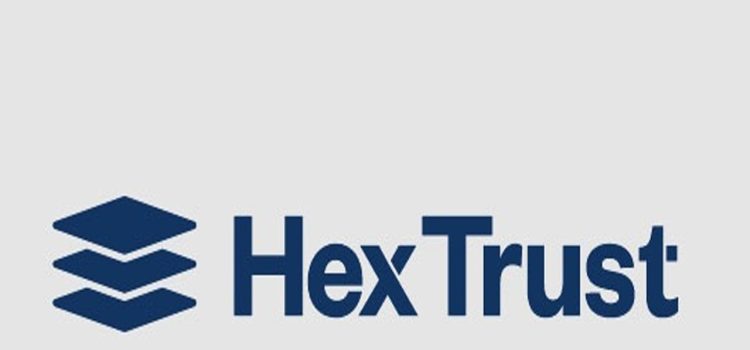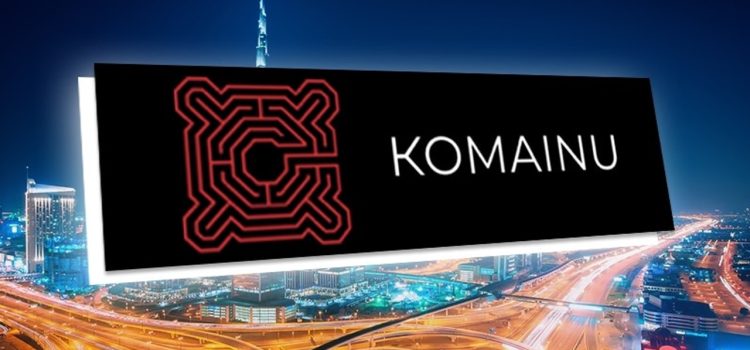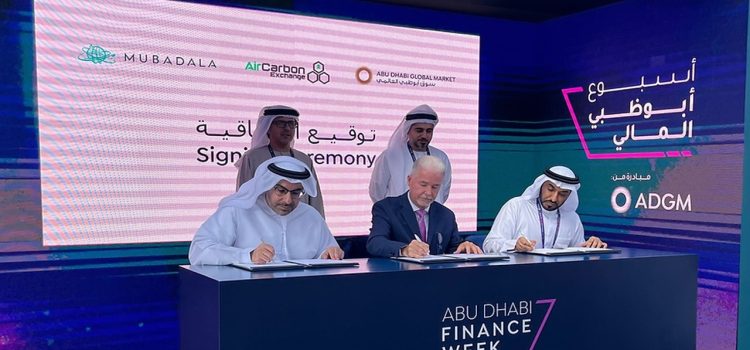There are 112 countries that are — in one way or another — exploring central bank digital currency (CBDC). Of this number, 11 countries have launched their own CBDCs, 15 are piloting, 26 are developing and 46 are researching. This trend appears to have reached the UAE, with the country’s central bank collaborating with various international agencies.
In 2019, the Central Bank of the UAE (CBUAE) piloted a wholesale CBDC project with Saudi Central Bank named of “ABER.” A final report was published in 2020, which showed that “the distributed ledger technology would enable central banks to develop payments systems at both local and cross-border levels.”
More recently, the CBUAE — along with the BIS Innovation Hub Hong Kong Centre and the central banks of Hong Kong, Thailand and China — implemented Project mBridge, a joint initiative experimenting with cross-border payments using a custom-built common platform based on distributed ledger technology (DLT) upon which multiple central banks can issue and exchange their respective central bank digital currencies.
H.E. Khaled Mohamed Balama, governor of the CBUAE, commented on the mBridge successful pilot by saying, “We will continue to establish the right governance framework for interoperable CBDCs to deliver tangible benefits to UAE companies and consumers.”
The CBUAE and its work on the digital currency could mean that a CBDC may be issued in the near future, but how close in the future is still unknown. The launch of a UAE CBDC will depend on various factors, including the ability of CBDCs to resolve issues of privacy, blockchain interoperability as well as economic monetary concerns.
Will the UAE launch a CBDC?
Stanislav Madorski, the senior vice president of blockchain strategy at WadzPay, told Cointelegraph MENA that given the cost and complexity of executing CBDC pilots, he expects the CBUAE would launch a CBDC.
“UAE has been making strides towards developing a cashless society and is in the top 10 in the world for the most cashless societies with ambitions to be fully cashless within this decade.”
Meanwhile, IBM MENA’s Chief Technology Officer, Anthony Butler, an expert on blockchain and digital assets, saw renewed interest in CBDCs in the region over the last few years, and the mBridge project is reflective of this.
This comes as governments worldwide show renewed interest in launching CBDC projects. In December, Pakistan signed two new laws to expedite the launch of its CBDC. Meanwhile, Spain’s central bank has stated its plans to start a wholesale CBDC project and asked financial institutions and tech providers to submit proposals for the initiative.
Challenges to CBDC launch in UAE
Both Butler and Madorski confirm some challenges that await the CBUAE and other central banks globally in their bid to launch CBDCs.
Madorski sees that while CBDCs have advantages because they are issued by central banks, which have a greater influence on monetary policy and can drive regulatory changes, the biggest challenge will be cross-border acceptance. He explains, “Each country’s blockchain might not be compatible with the other, so interoperability is an issue that we at WadzPay are trying to resolve.”
Meanwhile, Butler sees much friction in launching retail CBDCs (rCBDCs), most notably the technical and economic challenges. He explains that if CBDCs are to replace cash, they would need to have the privacy that cash experiences offer.
“This is not only relevant within the boundaries of a country but also in cross-border payments,” Butler says. “There was a lot of consideration given in the UAE Saudi ABER CBDC design to this particular point because other countries could have visibility into transactions of counterparties.”
He also notes there are obstacles in moving past the “zero bounds” and toward the introduction of negative interest rates.
In addition, Butler emphasizes there are also structural implications of rCBDCs because if the general public has access to central bank money they no longer need to work with the commercial banking sector.
He emphasizes, “If you replace cash with rCBDC, then there are questions of how to ensure the ability to perform offline payments when someone isn’t connected to the network.”
The future is hybrid
It is plausible that the CBUAE could follow suit and issue stablecoins and a CBDC. Butler believes that several countries are exploring the different aspects of CBDC, like retail and stablecoins. He said these assets have been made available by the commercial banking sector. As he explains, “This will mitigate some of the well-known risks facing CBDCs.”
Madorski confirms that central banks, including Hong Kong, are looking at a hybrid model that would include both stablecoins and CBDCs. He states, “The hybrid model is allowing easy digital currency acquisition both locally and abroad, as stablecoins are readily available on many global exchanges. This model is definitely feasible in the UAE.”
UAE could follow in the footsteps of Singapore and launch something similar to Ubin, which is exploring the use of CBDCs for cross-border currency transactions, the Bank of Japan, which is rolling out a pilot program for its CBDC project to three major Japanese banks in spring 2023, or even India.
But out of the central banks experimenting with CBDCs, the People’s Bank of China leads the race. The Bank will expand the rollout of digital wallets for its e-CNY digital currency to several developed provinces by the end of 2022. It has already recorded $13.9 billion in e-CNY digital transactions and 260 million app downloads.
Whatever the use case, the CBUAE appears to be one the most promising countries in the MENA region when it comes to a CBDC launch, followed by Saudi Arabia, which recently hired a virtual assets and CBDC program lead.
While it’s still unclear when this will happen and what type of CBDC will be launched, the UAE inevitably will have to embrace CBDCs in its effort to build its crypto economy.









